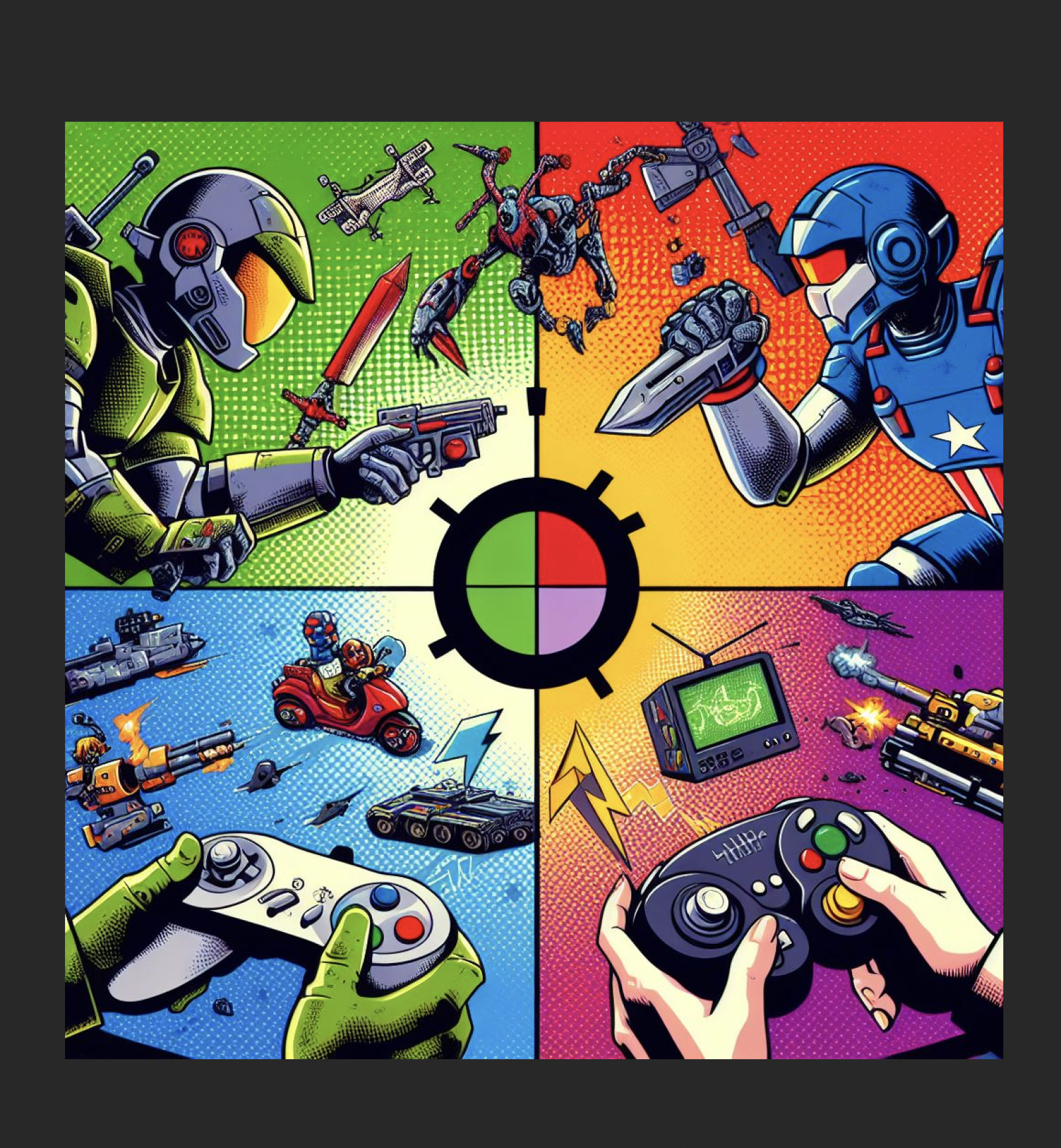Why the Xbox announcement is an important and strategically smart nod to developers


Xbox announced on its podcast with Phil Spencer, Sarah Bond and Matt Booty, that it is bringing four of its titles to other consoles. While no specific titles were named, it ruled out Starfield and Indiana Jones, and mentioned that two of the games are community driven and the remainder are smaller games that may have reached a plateau on Xbox. Furthermore, Xbox announced that it is bringing all Activision Blizzard titles to Xbox Game Pass.
While this is of course all positive news for gamers, all in all, the update is actually more of a message to developers.
Firstly, Xbox reiterated (and demonstrated by bringing Activision Blizzard titles along) that the “biggest and most important games will always be available on Xbox”. Secondly, by expressing its willingness to bring some exclusive titles to other platforms, Xbox is sending a message to developers that partnering with Xbox does not need to mean foregoing Sony or Nintendo audiences. Rather, Xbox is looking to support helping games grow audiences regardless of the platform. Xbox ensured to point out that it is now one of the biggest publishers on PlayStation as well as PC and mobile. It also reiterated its commitment to flexibility when it comes to releasing under different models, whether it is subscription, free-to-play, retail, etc. The rhetoric has been very creator- (aka developer-) centric, ensuring to communicate that developers should really want to be an Xbox partner to reach the largest possible audience for their game(s).
Xbox also reiterated its commitment to pushing the tech-spec envelope for its console hardware, ensuring developers know that the most high-spec games will have a good home on the Xbox platform.
Featured Report
Pixels to playlists Music preferences and behaviours of gamers
The global games industry is a $236.9 billion behemoth. It now rivals film, television, and music combined in terms of revenues and is a cultural driver. Yet, for music companies, labels, and platforms,...
Find out more…What makes this a strong strategic move for Xbox?
If Xbox can incentivise developers and secure them as Xbox partners by offering the largest possible cross-platform gamer audiences, flexibility, and support, then it will mitigate developer fears of foregoing potential Sony and Nintendo audiences and make it less lucrative for developers to consider exclusive Sony and Nintendo releases.
Or, at the very least, this move will force Sony to pay more for those exclusive partnerships – also a strategic win for Xbox.
The more that developers want to distribute through Xbox, the better it is for Xbox. It does not need to have a strong exclusive strategy as long as it ensures developers are incentivised not to go exclusive with Sony either. Historically, exclusives have arguably played a more important role for PlayStation than Xbox, given that Xbox’s distinction is more about value and accessibility (through its cross-platform strategy). For PlayStation, exclusive titles still play a vital role in converting users to buying its consoles. Xbox’s narrative and strategy are chipping away at Sony’s strategic defence mechanism – the exclusive game.
Bringing Activision games to Game Pass will likely move the needle on the uptake on Game Pass and perhaps even the console hardware itself. This, in turn, will also make Xbox more attractive for developers (as the size of addressable audience increases).
Is Xbox about to eat traditional publishers’ lunch?
The more that games rely on digital distribution, the more likely it will be that publishers that own part of the direct-to-consumer distribution will push out traditional publishers who do not, over time. The more Xbox grows, the more it will have the power to make or break a game (along with Sony and Nintendo). Most other publishers (perhaps with the exception of market leaders, for now) may find themselves increasingly struggling, as MIDiA pointed out last year.

The discussion around this post has not yet got started, be the first to add an opinion.